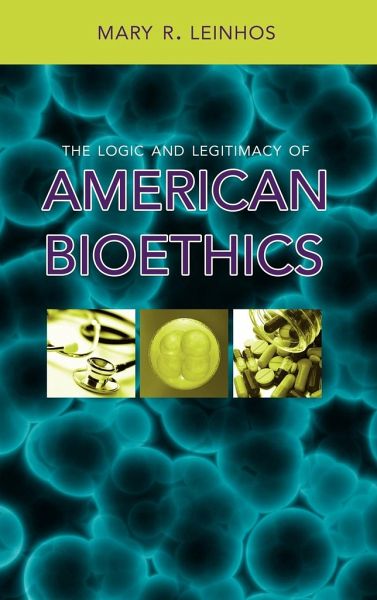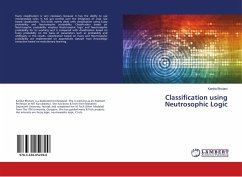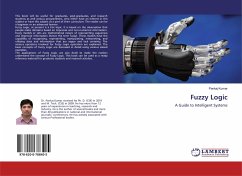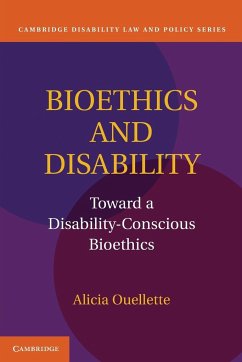Nicht lieferbar

The Logic and Legitimacy of American Bioethics
Versandkostenfrei!
Nicht lieferbar
As a relatively new field in academia and growing presence in American (as well as international) discourse, bioethics must balance the aspiration to guide biomedical research and practice with the need to become an institutionally legitimate influence in society. Since its inception three decades ago, to what extent has bioethics succeeded at making biomedicine more socially accountable? At the same time, to what extent has bioethics been rendered a public-relations tool for academic and corporate biomedical enterprises, which have become increasingly intermingled, high-tech, competitive, res...
As a relatively new field in academia and growing presence in American (as well as international) discourse, bioethics must balance the aspiration to guide biomedical research and practice with the need to become an institutionally legitimate influence in society. Since its inception three decades ago, to what extent has bioethics succeeded at making biomedicine more socially accountable? At the same time, to what extent has bioethics been rendered a public-relations tool for academic and corporate biomedical enterprises, which have become increasingly intermingled, high-tech, competitive, resource intensive, and profit-oriented? This book examines bioethicists' efforts to legitimate and stabilize the institutional existence of their field, revealing how their competition and collaboration with other professional groups has staked out an emblematic expertise, which is then tendered to various societal clients. In a case study of an academic bioethics center, higher education and science studies scholar Mary Leinhos reveals how efforts to secure material resources and organizational legitimacy shape the center's intellectual output, drawing on extensive interviews with center personnel and original on-site research. The author also employs discourse analysis to explore what the anticipated legal liability of bioethicists and ethics committees reveals about the social shaping and legitimacy of nascent expertise claims. In the national science policy arena, this book examines the National Bioethics Advisory Commission's discourse on the human stem cell research debate to reveal the boundary work conducted by the commission at the borders between science and ethics, and between ethics and public policy. Written by Dr. Mary Leinhos, this groundbreaking book shifts attention in the sociology of bioethics from clinical to academic bioethics, and highlights the institutional and resource-seeking relationships among bioethics, biomedicine, and public policy. The Logic and Legitimacy of American Bioethics makes new contributions to the fields of higher education studies and science studies, where ethics, and the relationship between legitimacy and expertise, have been little explored. Painting a detailed picture of how bioethics is taking root in the landscape of American institutional power and expertise, this book offers critical insight into the challenges and opportunities bioethicists face in cultivating socially responsible biomedical science and technology.













